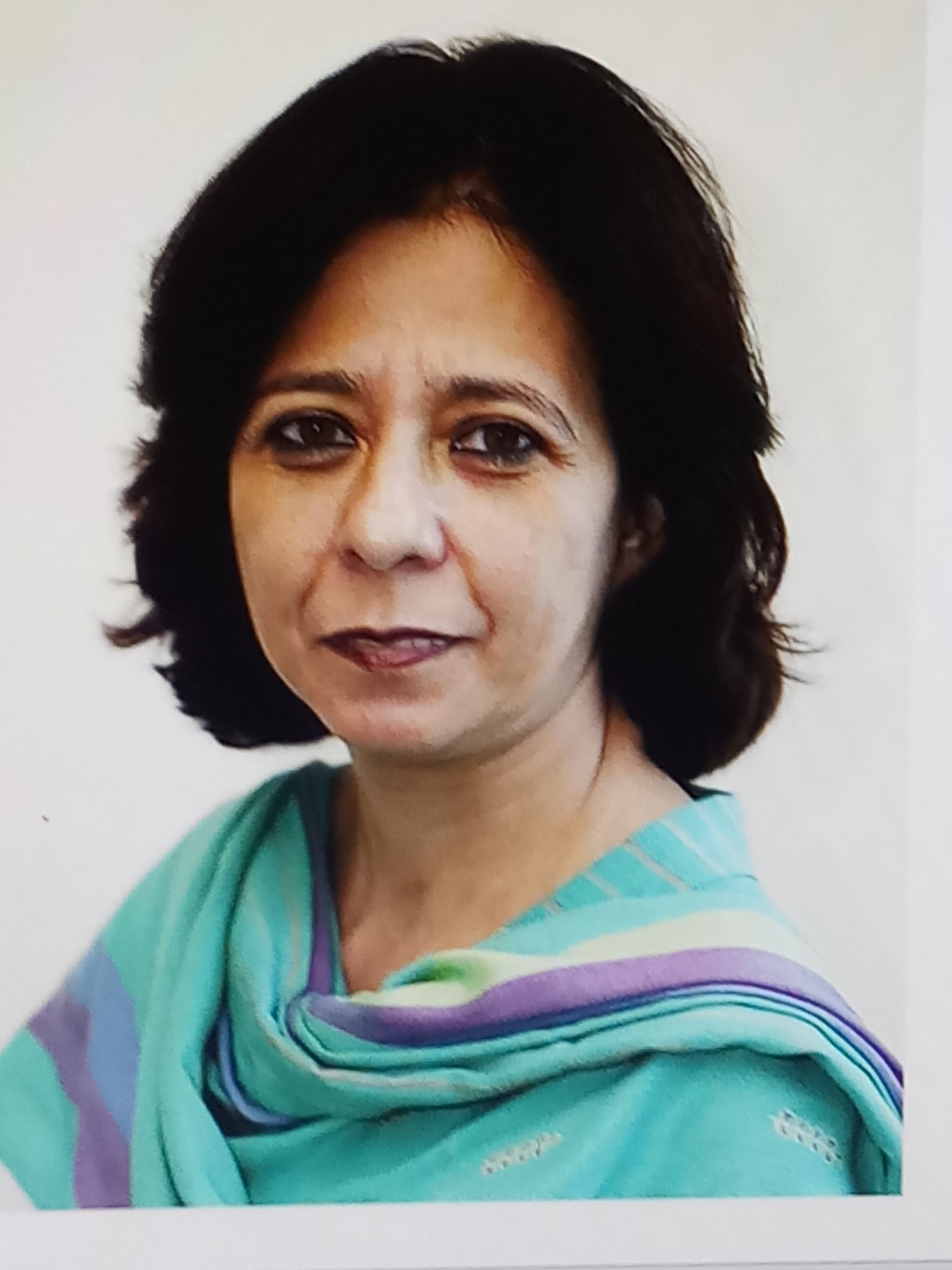Coronavirus or Covid-19 has been playing havoc with our lives for over a year and a half and has claimed the lives of more than 4.5 million people worldwide. Though it spread rapidly, affecting one country after another, it was not taken seriously, and not just the common man but heads of states also dismissed it as common flu and brushed aside the preventive measures recommended by the healthcare professionals, even after the WHO declared it a pandemic in March 2020.
Every now and then, a new conspiracy theory would emerge and people would accept it more readily than the facts. To control the pandemic, healthcare professionals initiated a quest for a vaccine and within a year, close to a dozen vaccines were introduced and manufactured in various countries from China to Russia to the USA and the UK. However, till yet, globally, the vaccination process seems to be slow for various reasons — the most
important being hesitancy on part of the general population.
As happened at the peak of the pandemic with people not taking it seriously, calling it common flu, not even wearing a mask, and terming the whole pandemic an international conspiracy, after the development of the vaccines, a section of the population is not taking the vaccine seriously and is reluctant to get vaccinated. This hesitation is mostly driven by factors ranging from religious and cultural beliefs, concerns about the side effects, and rumours on social media about the vaccine’s reliability, origin, and efficacy. Various conspiracy theories regarding the vaccine are in circulation not only in developing countries where literacy rates are low but in developed countries as well.
These range from the belief that the vaccine will alter human DNA, the vaccine will cause infertility, the virus mutates so fast that the vaccine will not work to one would die after two years of having the vaccine, and the list goes on. It is also argued that since you can still get Covid-19 taking the vaccine is pointless.
Since fully vaccinated people are also contracting the virus and falling sick, it is becoming very difficult to convince people to get vaccinated as they cite examples of someone or the other who fell victim to the disease despite having been vaccinated. However, it has been documented that vaccinated people experience milder symptoms and their chances of recovery are higher than non-vaccinated people and more non-vaccinated people die than those who have been vaccinated, yet hesitation is rampant and people are not ready to take the jab.
These conspiracy theories and people’s reluctance are the major reasons for the slow pace of vaccination and are adding to the woes of the healthcare professionals and governments who are already battling to contain the spread of the virus and provide substantial care to those falling sick as well as to deal with the challenge of procuring, distributing, and making arrangements to facilitate the people to get vaccinated, which, especially for developing countries, is a huge task.
What countries facing major reluctance issues need to do is to run effective mass media campaigns to clear the doubts in people’s minds and motivate them to get vaccinated. Involving the clergy, community leaders, and NGOs to spread awareness and squashing rumours about the vaccine and the importance of disease prevention can be a good strategy as they are the opinion builders and their word carries weight.
It is also important that people have easy access to a vaccination centre and for this vaccination centres need to be established in every nook and cranny of the country. It is understandable that establishing vaccination centres in far-off rural areas, especially where healthcare facilities do not exist, is not an easy task given the poor infrastructure and transportation network, and difficulty in maintaining the cold chain in hot weather when electric supply is erratic. But it is an important step towards mass vaccination, and to counter the risk that people in remote areas may be left out. These can be supplemented by the community and mobile vaccination units to ensure that people are properly vaccinated.
In countries where reluctance levels are high, making vaccination mandatory within a given timeframe with repercussions and penalties, such as withholding salaries of those employees who refuse vaccination, can be a good strategy. To ensure vaccination, employees, and students can be asked to provide proof of vaccination in order to attend their work and educational institutes as is being done for travelling.
However, before any stringent and penalising measures are put in place, making the vaccine available in required numbers is important, as the non-availability of vaccines can have a negative impact.
It is clear that vaccination is the only way to beat this virus and the governments will have to leave no stone unturned to do this.













